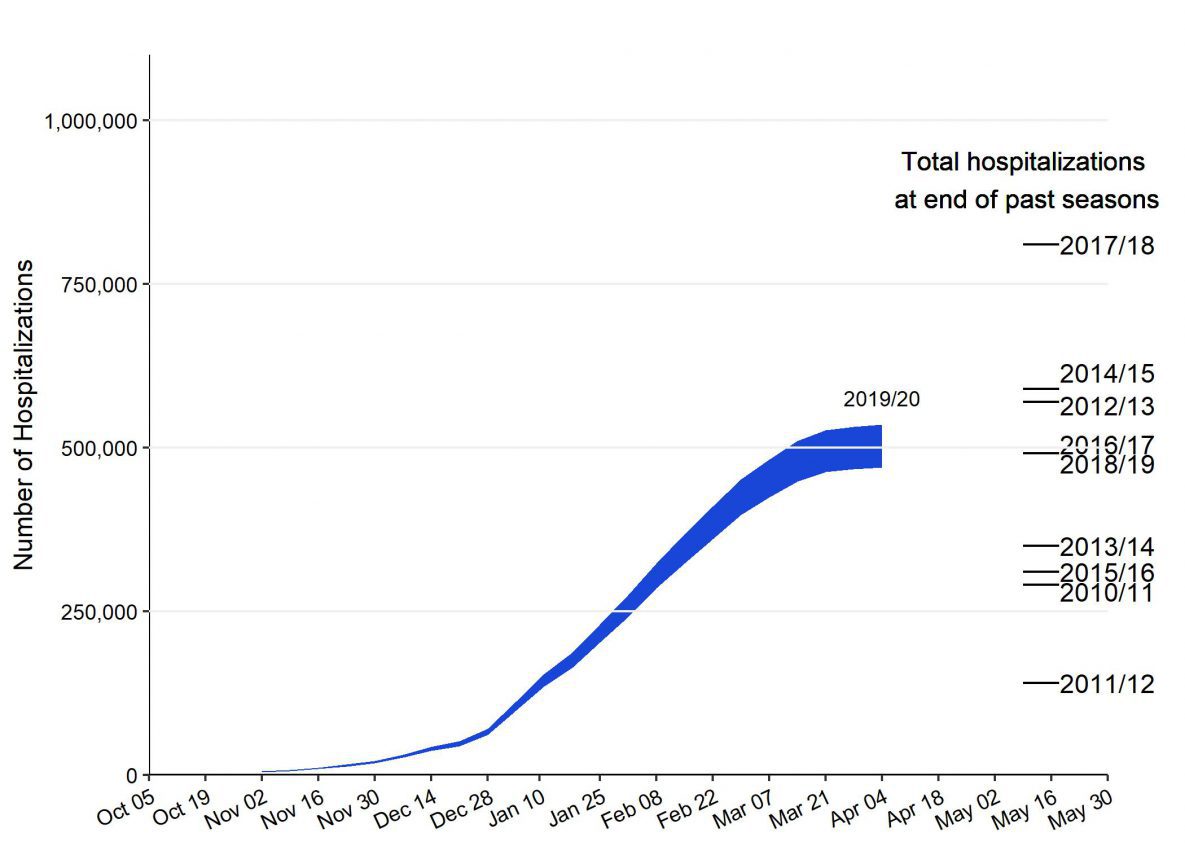One circulating tumor cell test has been approved by the Food and Drug Administration to monitor people with breast colorectal or prostate cancer. Most people wonder if blood tests detect cancer anywhere in the body.
 New Blood Test Can Detect Prostate Cancer
New Blood Test Can Detect Prostate Cancer
But the test results can help your doctor understand what is going on inside your body and whether an infection or inflammation in your organs signals something serious.

Can prostate cancer be detected by blood test. Scientists currently use a test which is flawed and needs a biopsy to confirm However some men. Around 12000 British men will die from prostate cancer in the UK this year. Recently developed blood tests are being used to detect cells that have broken away from an original cancer site and are floating in the bloodstream.
Cervical breast prostate lung and colon says Sudhir Srivastava who holds a doctorate. Since cancer can affect anyone routine blood testing is required. Prostate cancer can be detected by a new blood test which also reveals the severity of the disease with 99 per cent accuracy Around 12000 British men will die from prostate cancer in the UK this year.
The answer is yes. Prostate cancer develops in the prostate gland of men. It is one of the most common types of cancer.
In most cases blood tests alone cannot detect cancer. Scientists currently use a test which is flawed and needs a biopsy to confirm However some men who do not have symptoms are forced to go for a biopsy The new test. When one is diagnosed to be having a cancer different treatment can be carried depending on the position of the cancer and the type of the that cancer.
Others can be made by several types. It does not specifically test for cancer. With the exception of blood cancers blood tests cannot distinguish between cancer or other noncancerous conditions.
The PSA test measures the level of PSA in your blood. But is unfortunate. The two most common tests are the prostate specific antigen PSA blood test and the digital rectal examination DRE.
Prostate cancer develops slowly. This test isnt commonly used in a clinical setting. There is no single test to detect prostate cancer.
One sample of blood can be used to test for all eight of these cancers and either rule out their presence or detect those that have developed. These biomarkers can be found in people with numerous cancer types which means that testing the blood may reveal the presence of cancers that are difficult to detect any other way. As is said early cancer can be detected the better it can be treated.
More often it is confined to the prostate gland requiring minimal or. Luckily eight types of cancer can be detected using a single sample of blood as they have markers that show up relatively early and are present in the bloodstream. Recent studies have shown that blood test has demonstrated high sensitivity and specificity for cancer detection.
In fact of the more than 100 cancer types that exist there are screening tests for only five. Around 12000 British men will die from prostate cancer in the UK this year. It is usually seen in men older than 50 years of age.
Therefore helps in early detection of cancer. Tumour markers are substances that might be raised if there is a cancer. Prostate cancer can be detected by a new blood test which also reveals the severity of the disease with 99 per cent accuracy.
Prostate cancer can be detected by a new blood test which also reveals the severity of the disease with 99 per cent accuracy. Common examples include Pap smear test for cervical cancer or a mammography for breast cancer. They can be found in the blood urine or body tissues.
Some markers are found in non cancerous conditions as well as cancer. Tumour markers blood test. Some tumour markers are only produced by one type of cancer.
A prostate specific antigen PSA blood test is currently used to detect prostate cancer but many men with a raised PSA level do not have prostate cancer and some with the disease even if. Scientists currently use a test which is flawed and needs a. The prostate is a small walnut-shaped gland that produces seminal fluid required to nourish and transports sperm.










